From the oracle doc
String is immutable also Strings are constant; their values cannot be changed after they are created. and because they are immutable they can be shared. String buffers support mutable strings.
but I can always do the following:
String name="SO";
name="SE";
I can change the value so how can it be immutable and it is said that for security reason also like database connectivity etc..
Pardon me for asking such basic question but I need to understand.
